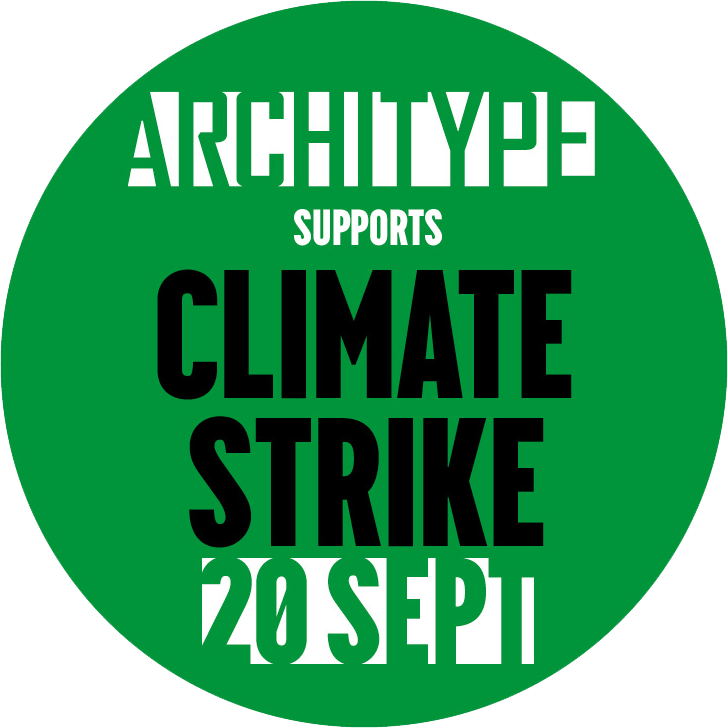Architype
Sustainability Round-Table with Knauf AMF
By Islay Sellar

This month, Architype were invited by Knauf AMF to a round table discussion focussing on sustainability in the construction industry, with a leading question of ‘Is sustainable design and construction becoming better understood?’ Joined by 8 experts from the profession, Ben Humphries, director of Architype’s London office took the chair.
The overall consensus from the room soon became a question of “Who understands sustainability?”.
Shikha Bhardwaj is a Senior Environmental Consultant at Mechanical Engineers ChapmanBDSP. She was the first to highlight how sustainability is generally understood as a ‘checklist’ to certification, rather than a holistic mind-set or design approach.
Ben concurred with Shika’s sentiment. Often clients think of the sustainable commitment of their brief as a stand-alone element that can easily be factored in or taken away according to budget. The problem is with regarding environmental sustainability as a ‘tick-box exercise’ is it fails to promote the long-term benefits need to be brought to the attention of clients in the early stages.
Shikha posed a further question, “Is it possible to produce a ‘good’ product without engaging in a ‘good’ process?- If your process is well integrated with the sustainable principles, you surely don’t have to worry so much about the end product?”
It is our nature to want to compare and compete, and sustainable certifications and benchmarks provide a measure for this; however if the approach is genuinely sustainable in the first instance, it would likely hit many of their criteria with less challenge and less complication.
Delving deeper into the topic of accreditation, Ben cited the Government’s Code for Sustainable Homes as an example of how a scheme has enticed house-builders to be more sustainable. Prior to its abolishment in 2015, “…The Code for Sustainable Homes did force some developers to be more sustainable…but I do have some concerns with some of these programmes. You can spend an awful lot of money chasing one or two credits and end up with something, that actually, in terms of final outcome, is not really that sustainable.”
A number of the professionals in the room were concerned with the sustainable future of fit-out contracts- a sector which incurs a great deal of waste. This can be in the form of replacement specifications that are almost identical to the original design, or cyclical fit-out projects that see replacement interiors as often as every 5 years. The group agreed that the promoting a more circular economy mind-set to fit-out is gradually improving to overall thought process to this sector, making it more creative and nimble, with demountable style take-back schemes which are gradually receiving the spotlight they deserve.
The table were unanimous in their appreciation that technology could play a more vital role in the buy-in for a sustainable business case, be it carbon predicting optioneering tools like Rapiere, or more common place use of VR technologies; all of which make decision making in the earlier stage more successful.
We would like to say a big thank you to Knuaf AMF for hosting the discussion at their newly-opened showroom in Clerkenwell. A more detailed account of the discussion can be found in FC&A magazine.

